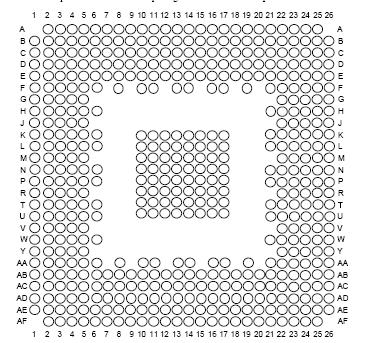MPC8272EC: Features: • Dual-issue integer (G2_LE) core- A core version of the MPC603e microprocessor- System core microprocessor supporting frequencies of 266-400 MHz- Separate 16-Kbyte data and instruct...
floor Price/Ceiling Price
- Part Number:
- MPC8272EC
- Supply Ability:
- 5000
Price Break
- Qty
- 1~5000
- Unit Price
- Negotiable
- Processing time
- 15 Days
SeekIC Buyer Protection PLUS - newly updated for 2013!
- Escrow Protection.
- Guaranteed refunds.
- Secure payments.
- Learn more >>
Month Sales
268 Transactions
Payment Methods
All payment methods are secure and covered by SeekIC Buyer Protection PLUS.

 MPC8272EC Data Sheet
MPC8272EC Data Sheet







